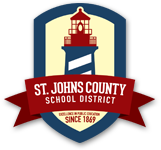AP Computer Science A is an introductory course in computer science. The major theme of the course is problem solving.
Advanced Placement Computer Science A
Course Number:
0200320
Credit:
1.00
Weight:
Honors 1.0
Term:
Yearlong
Prerequisite:
None
Course Description:


